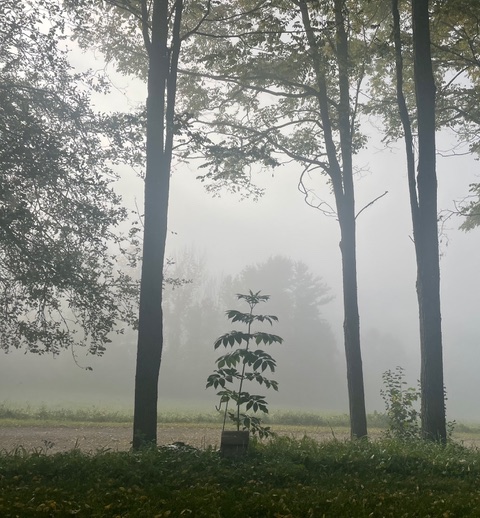
We are first introduced to please and thank you as good manners, being polite. It is much later, if ever, that we may connect these two statements to spirituality and their effect on relationships.
Please is usually followed by a request. When we use it, it is because we want, desire, or wish for something. In prayer, often we ask for favors, for situations to turn out the way we want them to, for peace on earth, for health and healing, and the list goes on. There is nothing wrong with asking, but how often are we ready for whatever the result turns out to be? How often do we give thanks for those times when our request was not fulfilled exactly the way we hoped it would be?
There is an order to the universe, whether we like it or not. What comes to pass in response to our prayers or wishes is what makes sense according to this higher source. This includes “good” and “bad” situations and events. We can only comprehend the significance of thank you if we believe that nothing is out to hurt us, and that no matter how much pain we endure, in the end, everything works with us, never against us.
During hurtful periods, this is most challenging to remember and accept. It can feel almost impossible to give thanks. I am not talking about liking what is hurtful. I am talking about trusting it and being thankful for two major reasons: that the unpleasant or painful event was not worse and that it is propelling us to the next phase of our inner growth.
Giving thanks by acknowledging what we have been given, whether we asked for it or not, is the strongest and most meaningful prayer. Everything we are and are not, we have and have not, has been given to us for our own spiritual advancement. How we react to adversity and contentment determines the progress of our growth as human beings. Pain and suffering are there as wake-up calls to do or stop doing something in our lives. Trust them and take action to start or stop a particular pattern, action or reaction. There is a sense of relief when we remember to be thankful in adversity, as this opens the door to hope.
A final thought as we enter this holiday season: it is often when we gather with our intimate partners and family members that please and thank you are abandoned. We enter a mindset of not believing that saying please and thank you to our spouse, child, parent, or sibling is necessary. It is as if we expect the other to offer favorable gestures to us without deserving to be thanked, or without needing us to say please. Yet, when please and thank you are used in such relationships, it brings warmth, respect, and strengthens emotional connection. Humans naturally feel good when they are shown appreciation and told that they are valued. No gesture or favor is too small for these words to have meaning.
Thank you for taking the time to read my thoughts.
Good Journeying
yolanda koumidou

